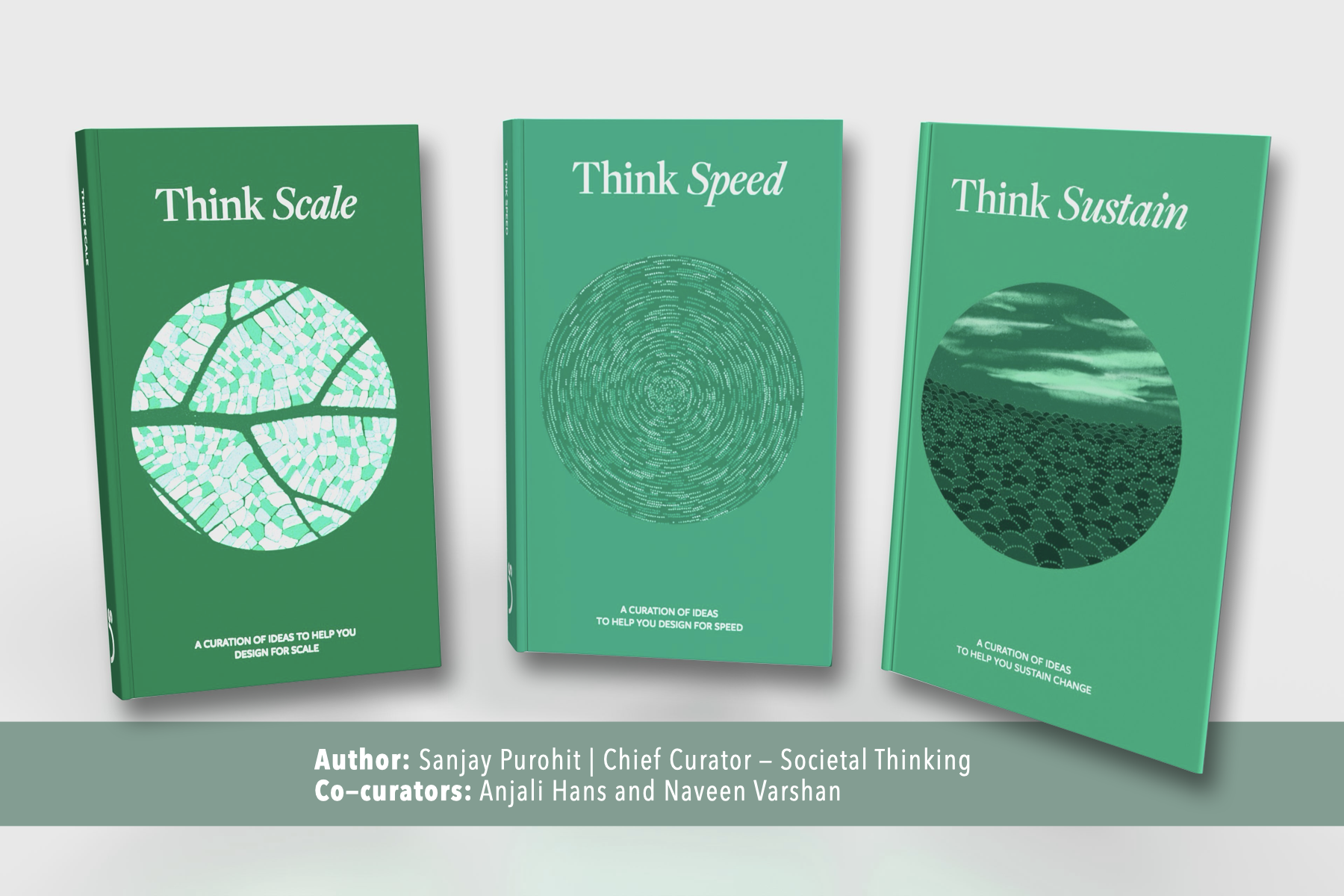Image Credit: NRDC
“This world must dare to go on in beauty, go on and on
Beyond what we believe we deserve.”
These lines are from a collection of poetry I recently read about climate change. As lyrical and evocative as it is, it reminded me of the hard-hitting ‘IPCC synthesis report’ released last month. Talking about the report, UN Secretary General Antonio Guterres said, “Humanity is on thin ice, and that ice is melting fast.”
What’s even more rousing was that “the choices and actions implemented in this decade will have impacts now and for thousands of years.” It puts into perspective our individual actions in context of the larger world we live in. How we tackle climate change will inform all aspects of our future – from the food we eat to the places we live, to the jobs we do and the many other choices we make to lead meaningful, healthful lives.
And, because climate change is a large, complex and mutating problem that impacts everyone, I resonated with the report highlighting the need to solve it together. It encourages us to think about what we can do, as samaaj (civil society, sarkaar (government) and bazaar (market), to co-create exponential change, i.e., change that inspires more and rapid change.
The government, through regulatory and economic policy instruments, can facilitate widespread adoption of climate action initiatives (such as phasing out fossil fuels) while ensuring that the cost of switching to ‘greener’ alternatives is not disproportionately borne by vulnerable communities. Civil society organisations can enable the development of contextual solutions by restoring the agency of and harnessing the wisdom of local communities (such as incorporating behavioural choices with a lower carbon footprint). Markets can support innovation and let climate action drive decisions of boards of companies and investment funds (such as financing the costs of mitigation and adaptation).
The ‘IPCC’ report highlights our vulnerabilities but also makes us aware that everything is interconnected. “The fates of all peoples are linked, and they are linked ultimately to the fate of the earth. What befalls the earth befalls us all,” wrote author and former NASA researcher Dave Pruett. It couldn’t ring more true. Even within the key domains we focus on at Societal Thinking, be it Health, Education, Livelihoods or Equity, we realise the critical role climate action will play. It is time to think of diversity as the solution and work together.
Imagine ifs
The few lines of poetry I shared earlier were written to a prompt on climate change as an ‘imagine if’. The ‘IPCC’ report tempts me to write a few ‘imagine ifs’ of my own.
Imagine if we reflect and realise our fragility because all that’s personal is influenced by the ecological
Imagine if our collective agency could be restored to see, sense and solve the problems we face
Imagine if the decisions we make today, as individuals and as part of a larger complex system, secure and enrich the future generations of each of the 8 billion people living on this planet
At Societal Thinking, we are looking to co-explore with organisations working on climate in India, South Africa, Brazil, Indonesia and Kenya. If you or anyone you know fits the bill, do reach out to us at priya@societalthinking.org.
 Back
Back


